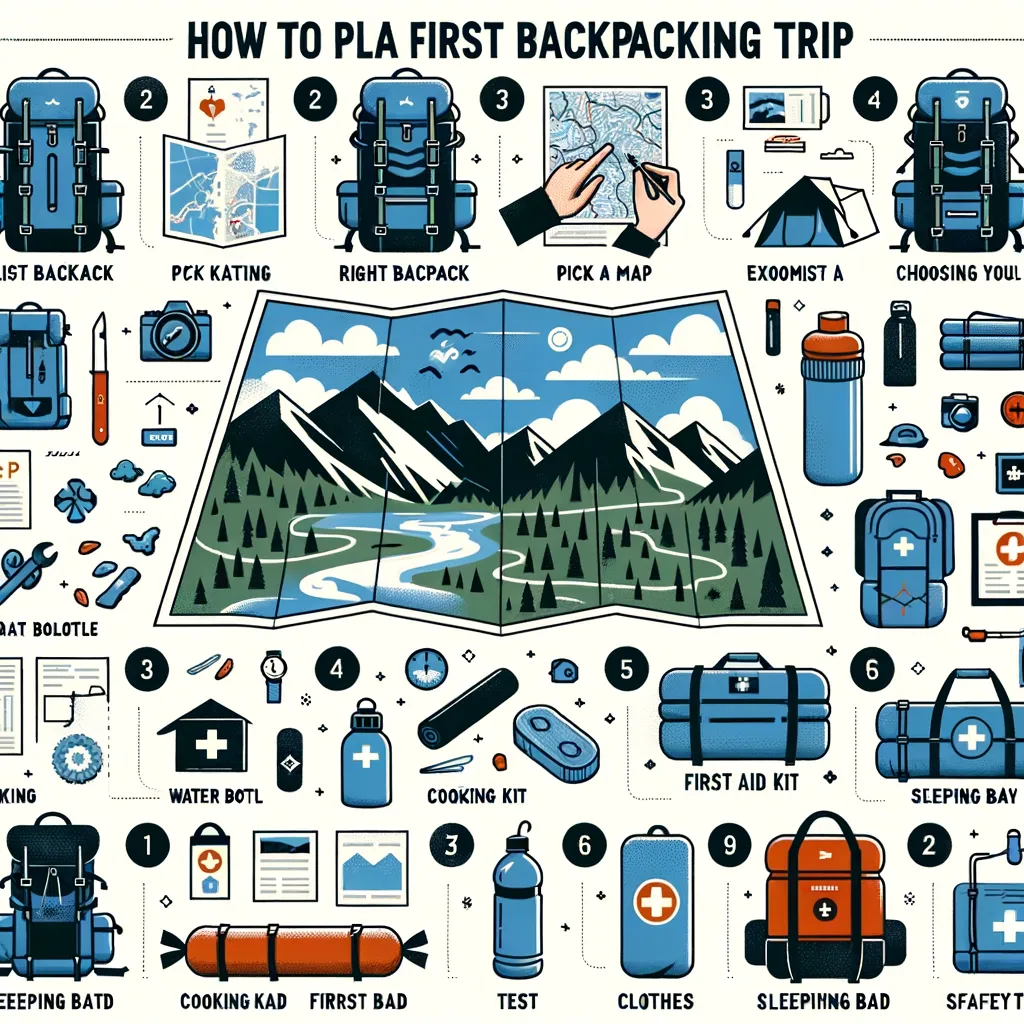Embracing Deep Ecology: A Practical Guide for Parents
Welcome, eco-conscious families!
Are you looking to integrate the principles of deep ecology into your family’s daily routine? You’re in the right place! Deep ecology is not just a theory but a meaningful, actionable approach to living harmoniously with our planet. It goes beyond surface-level environmentalism, touching the core of our existence and how we interact with the natural world. This guide is a starting point for parents eager to instill these values in their children, ensuring a greener, more sustainable future.
Understanding Deep Ecology
Before diving into actionable steps, let’s unpack what deep ecology really means. It’s a philosophical idea that promotes the inherent worth of all living beings, regardless of their utility to human needs. Deep ecology encourages us to see the environment as a network of interconnected life forms, advocating for the biodiversity and health of Earth. It’s a call to shift from a human-centered to an Earth-centered view.
Practical Steps to Practice Deep Ecology at Home
Bringing deep ecology into your home and daily life can be a rewarding venture. Here are foundational steps to get started:
1. Foster a Connection with Nature
The first step in practicing deep ecology is to cultivate a genuine connection with nature. Encourage your children to spend time outdoors, engaging all their senses. Whether it’s a weekly hike, gardening, or simply observing the stars, experiencing the beauty and complexity of the natural world can inspire a deep-seated respect and love for it.
2. Mindful Consumption
Deep ecology urges us to consider the environmental impact of our consumption habits. This can be teaching your children the value of quality over quantity, opting for products with minimal packaging, buying local and seasonal food, and embracing a less is more philosophy. Each choice is a step towards a sustainable future.
3. Energy Conservation
Reducing your family’s energy consumption is a great way to practice deep ecology. Simple changes like ensuring lights are off when not in use, investing in energy-efficient appliances, or adopting renewable energy sources can make a significant difference. These actions not only conserve energy but also serve as teachable moments for your children about the importance of conservation.
4. Waste Reduction
Minimizing waste is crucial in practicing deep ecology. Start by adopting the three Rs: reduce, reuse, recycle. Involve your children in sorting recyclables, composting food scraps, and finding creative ways to reuse items. This hands-on approach not only reduces waste but also fosters creativity and problem-solving skills.
Integrating deep ecology into your everyday life doesn’t happen overnight. It’s a journey of small, purposeful steps towards a more sustainable and fulfilling way of living. By incorporating these practices at home, you’re not only contributing to the health of the planet but also instilling lifelong values in your children. As we continue on this path, remember that every action, no matter how small, contributes to a larger change.
Stay tuned for more in-depth exploration of each of these steps, including practical tips and activities to engage your entire family in the pursuit of deep ecology. Together, we can make a significant impact, one day at a time.

Deep Ecology in Daily Life: A Guide for Eco-Conscious Families
Welcome to a journey of transformation and sustainable living. Embracing deep ecology within your family’s lifestyle is a profound step towards nurturing an earth-centered worldview. This guide dives into practical strategies for integrating deep ecology principles, ensuring our children inherit a world rich in biodiversity and ecological harmony. Let’s explore five crucial insights every parent should consider in this endeavor.
What Every Parent Should Know About Deep Ecology
Deep ecology goes beyond traditional environmentalism, advocating for a profound connection and ethical responsibility towards all living entities. Here are five essential elements parents should understand:
1. The Essence of Deep Ecology
Understanding the core of deep ecology is the first step. It’s an environmental philosophy that recognizes the intrinsic value in all forms of life. It challenges the conventional anthropocentric view, encouraging us to perceive ourselves as an integral part of the ecosystem, rather than its masters. This perspective shift is crucial for fostering a deep-rooted respect and sense of stewardship in our children.
2. Cultivating an Emotional Connection with Nature
Instilling a love and appreciation for nature in our children is foundational. This emotional bond is a powerful motivator for environmental stewardship. Encouraging regular outdoor activities, exploration, and observation of nature’s wonders can awaken a profound respect for the natural world. Such experiences are vital in nurturing eco-conscious individuals who feel intrinsically connected to the environment.
3. Mindfulness in Daily Choices
Deep ecology emphasizes mindfulness in our consumption and lifestyle choices, urging us to consider the ecological footprints of our actions. Educate your family about the impacts of consumerism, guiding them towards sustainable alternatives. This includes prioritizing products with eco-friendly packaging, supporting local economies, and making ethical purchasing decisions. These practices highlight the interconnectedness of our consumption habits with global ecological health.
4. Energy Conservation and Sustainable Practices
Adopting sustainable practices at home is a tangible way to live out deep ecology principles. Energy conservation, through simple habits and green technologies, significantly reduces our environmental impact. Emphasize the importance of these practices to your children, embedding a sense of responsibility towards conserving resources for future generations. Initiatives like recycling, composting, and minimizing waste are practical steps that align with deep ecology’s ethos.
5. Educating for a Sustainable Future
Education plays a pivotal role in preparing our children for a sustainable future. Integrating deep ecology concepts into their learning cultivates an informed, conscious mindset towards environmental issues. Engage in discussions about ecological balance, biodiversity, and the human role in protecting the planet. Encouraging critical thinking and creative problem-solving around these topics empowers our children to become proactive ambassadors of deep ecology.
In conclusion, weaving deep ecology into the fabric of our daily lives requires a holistic approach, encompassing emotional engagement, mindful consumption, energy conservation, waste minimization, and continuous education. By embodying these principles, we guide our children towards becoming conscientious custodians of the Earth, capable of making informed decisions that honor the interconnectedness of all life. As eco-conscious families, our collective efforts in practicing deep ecology actively contribute to nurturing a sustainable, vibrant planet for generations to come. Embarking on this journey together, we step into a future where respect for nature and sustainable living are fundamental values shared by all.
For more tips on Camping. Great read on camping
Disclaimer
The articles available via our website provide general information only and we strongly urge readers to exercise caution and conduct their own thorough research and fact-checking. The information presented should not be taken as absolute truth, and, to the maximum extent permitted by law, we will not be held liable for any inaccuracies or errors in the content. It is essential for individuals to independently verify and validate the information before making any decisions or taking any actions based on the articles.




